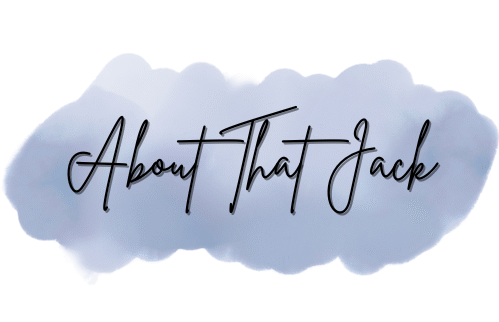 Deconstructing conditioning around relationships, romance and intimacy, especially when you’re navigating CPTSD, is like building a jigsaw puzzle. There is a lot to work through. We have to Deal with our trauma responses and what society deems normal.
Deconstructing conditioning around relationships, romance and intimacy, especially when you’re navigating CPTSD, is like building a jigsaw puzzle. There is a lot to work through. We have to Deal with our trauma responses and what society deems normal.
We’re taught early on what love should look like through movies, books and music. There’s often this neat, packaged version of love we’re shown: passionate, effortless, perfect. But real love? It’s messier, complicated and deeper in many ways.
Living through trauma means our baseline for what’s “normal” in any relationship becomes skewed. Those early attachments and survival strategies (fawning, avoidance, hypervigilance) can become the blueprints for how we view them. It’s more than just unlearning one thing; it’s about gradually unravelling expectations, coping mechanisms and the stories we told ourselves to survive. Romance, intimacy, and relationships are not just influenced by personal experience, but also the wider cultural myths. The “happily ever after,” the idea that love is supposed to save or fix you. These messages can be especially damaging when you’re already navigating trauma.
It takes time, and a lot of gentle unlearning, to even recognize what’s authentic for us, what love, safety, and closeness feel like without the distortions of survival mode or feel good romantic movie plots.
Building Healthy Relationships Despite Past Patterns
Our coping mechanisms become ingrained in us; they don’t just go away because we want healthy connections. They show up, sometimes subtly, sometimes loudly, in how we communicate, how we trust, and how we handle closeness or conflict. That doesn’t mean we can’t have relationships with others. It means we really have to find the right person. Someone who is patient with us, understands that our responses won’t always be rational, and is willing to accept us as is, flaws and all.
We also have to understand that we have to continuously keep ourselves in check. Own when we didn’t react appropriately, and actively work on improving ourselves so that we don’t get in our own way. It’s by no means easy, but it is worth it.
It’s amazing how much of a difference knowing our diagnosis can make. It allows us to make the changes needed to work on the relationships we have or will have. Some people are just incapable of being as patient and understanding as we need in a partner. They have it in their head how a relationship should be, and they can’t or don’t know how to make allowances for the difference in our needs. And that’s okay. It doesn’t make them bad people. It simply means that they aren’t the person we need.
There’s such a giant shift that happens when we finally understand what we are dealing with, when we get that diagnosis and things start to make sense in hindsight. It’s like suddenly having a map where before there was just a jumbled mess. And with that clarity, we begin to see not just where things went wrong, but why. That self-awareness becomes the foundation for every relationship after that, especially the one with our self.
Finding Understanding and Acceptance
We have to focus on having a good relationship with ourselves first. That’s something I wish I realized way back when because I have done things I am ashamed of. Both before and during my diagnosis and some years after. All because I hadn’t fully understood myself, what I was dealing with, and allowed time to work on my healing. I was in the mindset that I could fix it as I went along, but I couldn’t. You need to really understand the process and let go of old patterns.
It’s ok to be interdependent and crave intimacy, but you have to do it the right way. It needs to come from a place of knowing yourself deeply, not from trying to fill a void. When we understand our patterns, our triggers, and our wounds, we can show up for others with more authenticity and choose relationships that nurture each other.
The truth is, most people don’t realize how important it is to build that relationship with themselves first until they’ve been through a few hard lessons. There’s a kind of quiet power in recognizing that healing isn’t something you can rush or patch up while pushing through life, it’s something you have to actively participate in, often with a lot of unlearning. Constant, raw, uncomfortable communication is essential, and having strong boundaries are a good litmus test.
Why Self-Awareness Matters
We have to have self-awareness and emotional regulation. It is kind of exhausting, especially when you don’t have the bandwidth. There’s nothing worse than when you reach that moment of “Great, now I have to be mindful and not lose my mind today?” It’s also not about becoming so self-sufficient that you don’t need anyone; it’s about knowing yourself well enough that you can choose that healthy relationship, not just fall into one out of loneliness or fear.
At the end of the day, self-awareness and emotional regulation aren’t about perfection; they’re about being present. It’s okay to feel tired, to not always have the bandwidth, and to admit that growth can be uncomfortable. But in choosing to understand ourselves, even in the mess, we give ourselves the chance to form relationships rooted in clarity instead of fear. Not because we’ve become so strong we don’t need anyone, but because we’ve become so steady we can choose the people who truly see and support us. And that kind of love? That’s worth the effort.
Photo by Mayur Gala on Unsplash
